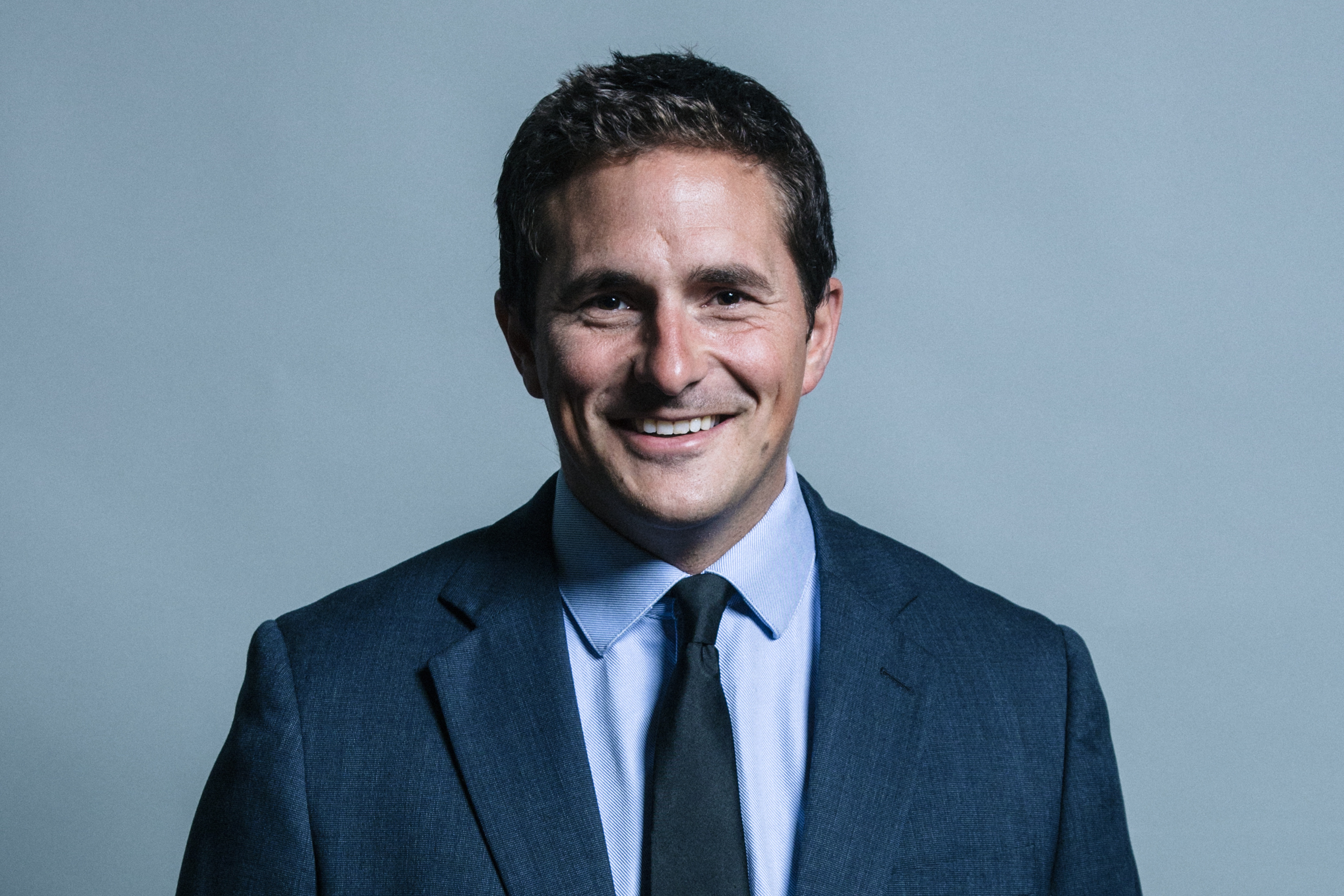Charity sector leaders are being urged to “speak up and bring their unique perspective to important issues”, despite hostility to their campaigning in Whitehall.
The call has come from a report looking into the views of charities from representatives of other sectors.
This found that a “hostile political rhetoric” against charities across government is hampering third sector leaders’ ability to influence policy makers, and their willingness to campaign.
But despite this hostility, representatives from the private and public sectors want charity leaders to “speak up and bring their unique perspective to important issues adding “it is charity leaders’ experience of working on critical issues that is seen to be invaluable”.
One told charity leaders: “You’re more influential than you think – be bold just do it”.
While another said that charity leaders have “an amazing message”.
Meanwhile, one respondent said it was “the purpose of charities is to speak out, if you lose sight of that you’re headed for trouble”.
Their concerns have been raised in a report by the Charity Reform Group, which is hosted by the Sheila McKechnie Foundation.
According to the Foundation “this positive encouragement to speak up from across different sectors and groups feels new, even surprising, given much of the recent commentary around charity voice and campaigning”.
The Foundation’s report Speak up, we need you, found that “Whitehall is not as open to charities’ contribution to policymaking as it has been in the past, and that hostile political rhetoric has had a ‘chilling’ effect on charities’ willingness to speak up”.
In adds “some of those we spoke to were keenly aware of the so-called ‘culture wars’ and how charities are being used an ammunition – though they are not the only institutions affected”.
Have you checked out our blogs page?
— Sheila McKechnie Foundation (SMK) (@SMKcampaigners) February 9, 2023
There are a range of things: reflections from training participants, arts and social change interviews, round-up of reading and listening resources, plus more! 📖🎧
Check it all out here: https://t.co/71wtblmtb8
“Charities should not simply wait for doors to re-open, they must demonstrate their role and value by engaging with confidence,” it states.
SMK chief executive Sue Tibballs added: “Trying to read the zeitgeist from social media and think tank reports might tempt charity leaders to conclude that people are not ready for a bolder, more visionary tone.
“Our discussions revealed quite the opposite; that, if more charities put their heads above the parapet, they might be pleasantly surprised by the unusual allies they find.”













Recent Stories